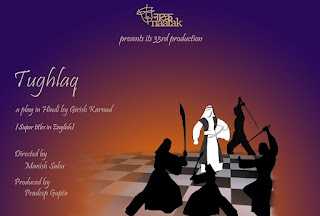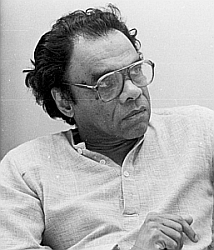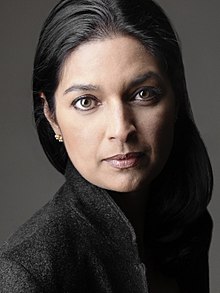Critical analysis of Tughlaq
Tughlaq Girish Karnad , (born May 19, 1938, Matheran Bombay Presidency [now in Maharashtra], India), Indian playwright, author, actor, and film director whose films and plays, written largely in Kannda, explore the present by way of the past. He has written many plays and ‘Tughlaq’ is very famous. Girish Karnad is a modern Indian playwright who draws the contours of contemporary reality upon the mythological canvas. Drawing the plots of his plays from Indian history, myths and legends, he presents them in such a way that they assume contemporary significance. This is the story about a monarch who ruled over India for more than twenty years. He presented as both wise and foolish, kind and cruel in the play. He made may decision during his kingdom. Such as to transform his capital from Delhi to Daultabad and changing of currency. He killed many people including his mother. At the end he is totally shattered as a ruler. The characters like Aziz, Aazim, the




Comments
Post a Comment